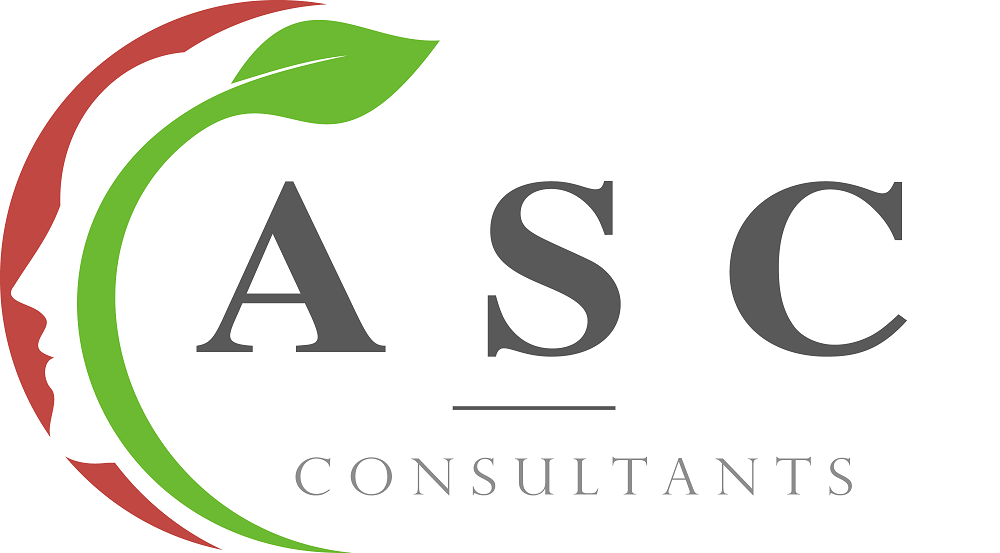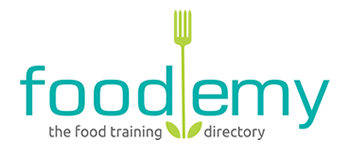
Training provider: ASC Consultants - Food Safety. Our Business.
Training Type: Public
Location: Nationwide
Cost: R 0 Contact for more information
On Demand
Course Duration: 2.5 Days
This course will equip the learner with the necessary skills to become a skilled and effective internal and supplier auditor.
This course will equip the learner with the necessary skills to become a skilled and effective internal and supplier auditor. The focus is on determining a company’s current internal auditing programme weaknesses and providing alternative methods and the necessary tools for improvement.
Delegates will receive useful auditing templates and be required to perform an actual internal audit as part of the assessment process.
Internal and supplier auditing creates an opportunity for food-handling organisations to verify and continually improve their Food Safety Management System. Most international standards require that an organisation conduct Internal audits to enable them to pass an external audit. Another requirement is that internal audits must be conducted by suitably qualified auditors.
Even if you have an internal auditing system in place, the question is, is it effective and are your internal auditors adequately motivated and trained to perform this task?
THE AUDIT PROCESS
What is a Food Safety Audit?
Definition of a Food Safety Audit
Standards-Based Food Safety Audits
The Importance of Food Safety Audits
History of Auditing
Different Audit Categories
Auditing Tools
What are the Food Safety Auditor Requirements
Requirements to Become a Food Safety Auditor
An Approved Auditor’s Only Role is to Conduct Food Safety Audits
The Principles of Auditing
Auditing Principles
Managing the Audit Programme
Determining and Evaluating Audit Programme Risks and Opportunities
Establishing the Audit Programme
Establishing Extent of Audit Programme
Determining Audit Programme Resources
Implementing an Audit Programme
Audit Objectives, Scope and Criteria
Selecting and Determining Audit Methods
Selecting Audit Team Members
Assigning Responsibility for an Individual Audit to the Audit Team Leader
Managing Audit Programme Results
Managing and Maintaining Audit Programme Records
Monitoring Audit Programme
Conducting the Audit
Initiating the Audit
Determining Feasibility of the Audit
Audit Planning
Conducting Audit Activities
Conducting the Opening Meeting
Communicating During Audit
Generating Audit Findings
Determining Audit Conclusions
Preparing And Distributing Audit Report
Distributing the Audit Report
Summary of Regulations, Standards and Guidelines
FOOD SAFETY AUDITORS
Food Safety Auditor Requirements
Educational Requirements
Code of Conduct
Conflict of Interest
Approval Process
Auditor Register
Auditor Performance Management
Roles and Responsibilities
Department of Health and Human Services Food Safety Unit
Local Government Councils
Food Safety Auditors
Business / Food Premises
Audit Process Summarized
Prior to Conducting the Audit
Conducting The Audit
Notices and Certificates
Auditor Reporting Requirements
AUDITING PRINCIPLES AND PRACTICES
Preparing to Conduct a GAP audit
What is an Audit (GAP Audit), Types of Audits and Objectives for Auditing
Audit Planning and Preparation
Document Review
INTERNAL AND SUPPLIER AUDITING REQUIREMENTS FOR THE RELEVANT STANDARD (for example FSSC 22000, ISO 22000 BRCGS, GLOBALG.A.P., etc.)
An Overview of the Relevant Standard’s Auditing Protocol
WORKPLACE ASSIGNMENT
CLASSROOM ASSESSMENT
What are the minimum prerequisite requirements for the learner to attend this course?
The learner should have successfully completed ONE of the following courses, or have equivalent knowledge and/or experience before attending this course:
Implementation of a Food Safety Management System based on any one of the following standards: ISO 22000, FSSC 22000, BRC Global Standards, IFS, etc.
The following people will benefit significantly by attending this course:
Internal auditors
Supplier auditors
QA managers
QC managers
Companies currently certified or in the process of implementation under any one of the following Food Safety Management Systems:
ISO 22000
FSSC 22000
BRC Global Standards
GlobalG.A.P.
IFS
GFSI Intermediate
Foodemy is brought to you by Food Focus. Food Focus was established in 2016.
Our main objective is to EDUCATE the food industry. Foodemy is THE place to find out about training for the food industry – courses, training providers, on-line training, self-help programmes – all in one place. Whether you are a training provider or a learner – we aim to make training in the food industry simple.
Foodemy is brought to you by Food Focus and is a part of the Food Risk Forum Group.
Food Risk Forum is a niche solutions provider for the food industry, offering access to the industry through digital and print advertising, social media, content marketing, as well as face to face contact with your target audience through bespoke events.
